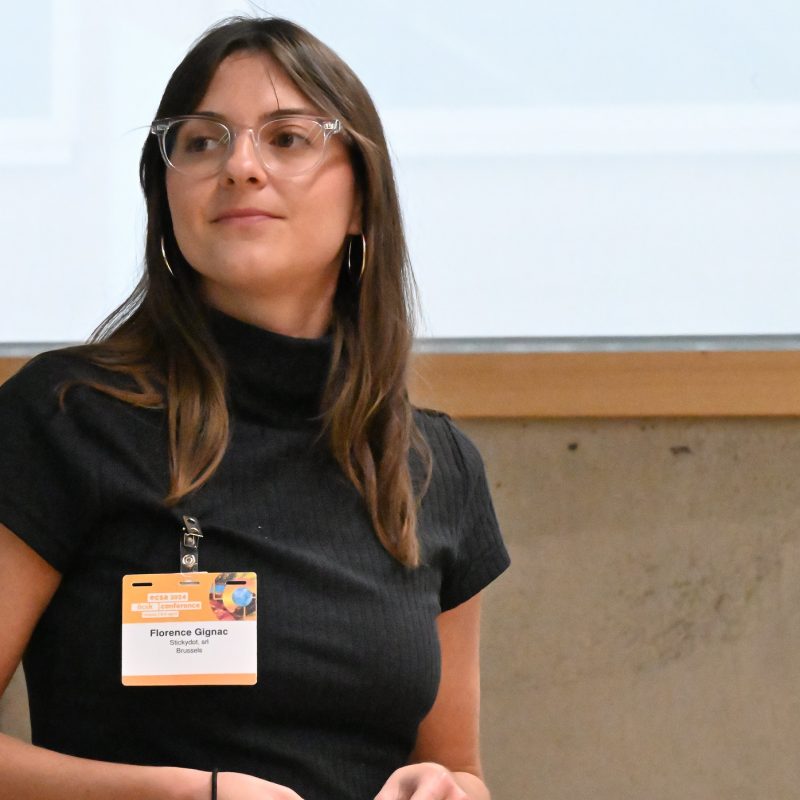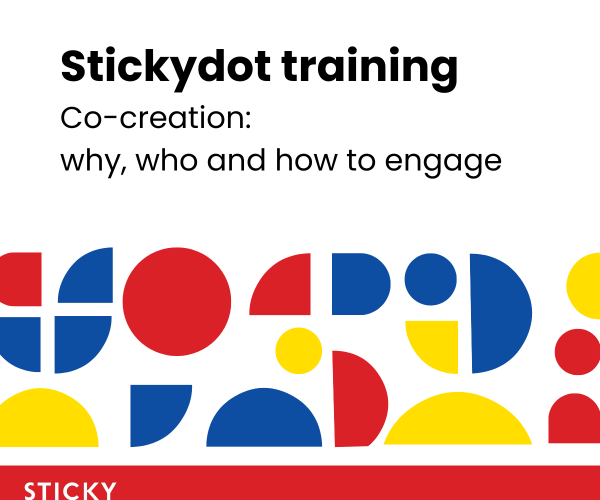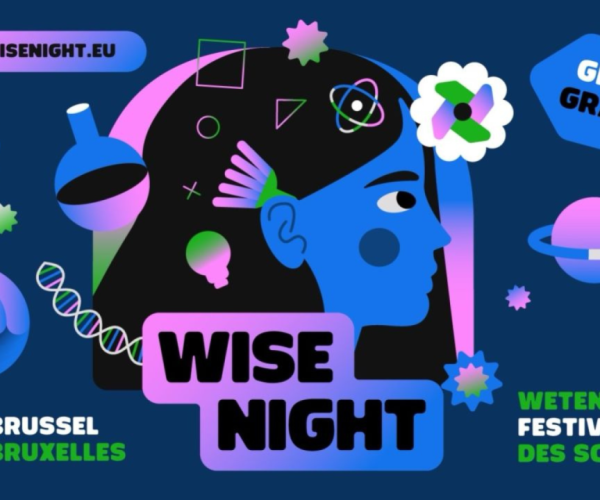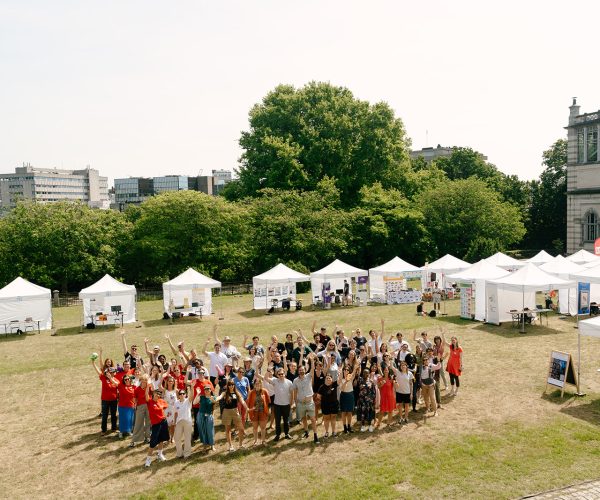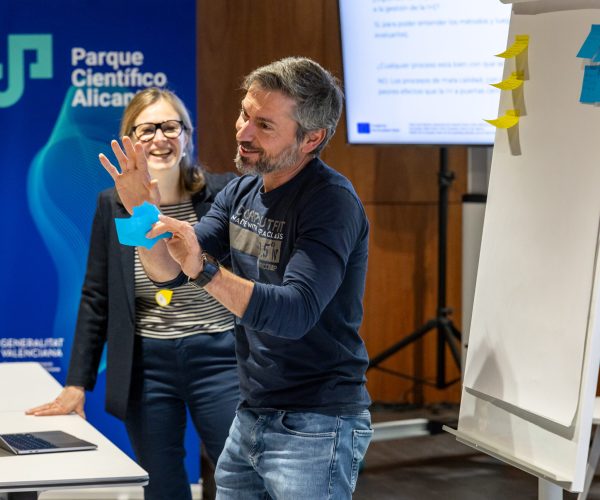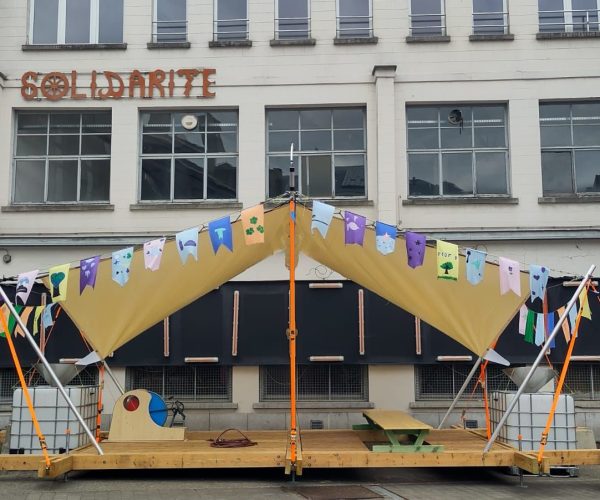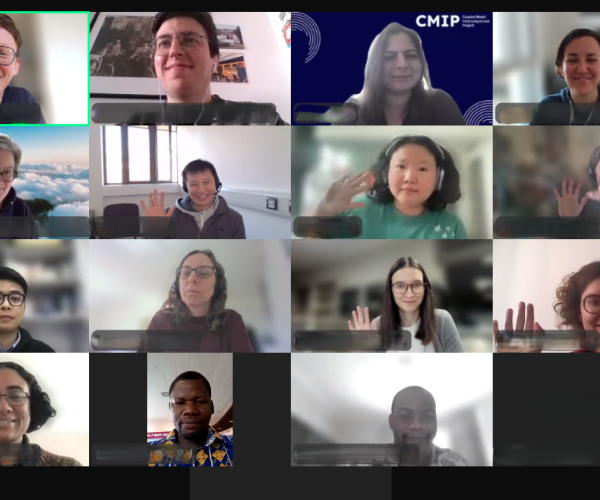Statisticians, biologists, medical doctors, chemists… you name it. Scientists are more interested than ever in involving citizens in their research. But there are institutions that, for decades, have been pioneering efforts in citizen science, participation, and public engagement with science. They do so quietly, and often without even using any of these terms. So, let’s talk a bit about them. Let’s talk about public libraries.
Through our work in the ECS project, we have been supporting libraries within Public Libraries 2030, a network of European libraries, in organising events around citizen science. Our own Florence Gignac, who has been working closely with these libraries, has come to truly appreciate their potential. “They excel at organising participatory events,” she says. “They understand their audience’s motivations and concerns, and are able to present knowledge in an enjoyable and educational way. These are all crucial skills for successful citizen engagement.”
Plenty of libraries have already brought citizen science to its communities. In Poland, the Municipal Library of Kudowa-Zdrój organised an initiative called Our Insects are Counting on Us!, in which citizens were invited to support insect conservation efforts. At the same time, the library shared a curated selection of books on this topic, which perfectly captures the unique value that libraries can bring to public engagement with science.
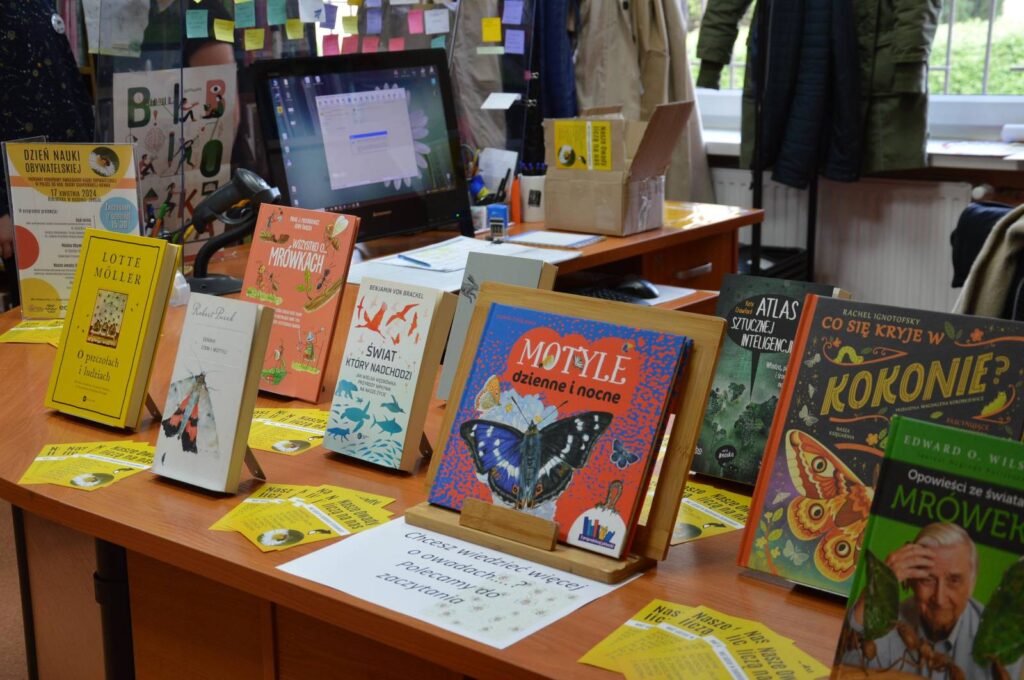
Another example comes from the Valmiera Library in Latvia, which brought together senior citizens and teenagers for collective mapping and storytelling sessions. The older participants shared the names and stories of specific areas in their city, which were then digitised by the younger, more tech-savvy participants. “It showcases how citizen science can benefit cultural heritage”, Florence explains. “It fosters intergenerational collaboration and strengthens community bonds.”
“Seeing how libraries engage communities inspired me to look around my own neighbourhood,” Florence says. “Many spaces, like coffee shops, stores, and even hair salons, already connect so well with people. Perhaps these places could help bring science to their communities, just like libraries do.”
It is easy to overlook the importance of public libraries, especially in a digital age. Gone are the days when they were the go-to place for anyone looking for knowledge, and many of these institutions face quite heavy limitations due to funding constraints. But after centuries of carving out their position as the figurative bridge between citizens and culture, and with the support of projects like ECS, the libraries of today remain crucial for promoting literacy, life-long learning processes, and the democratisation of knowledge.
Written by Alexandre Torres
